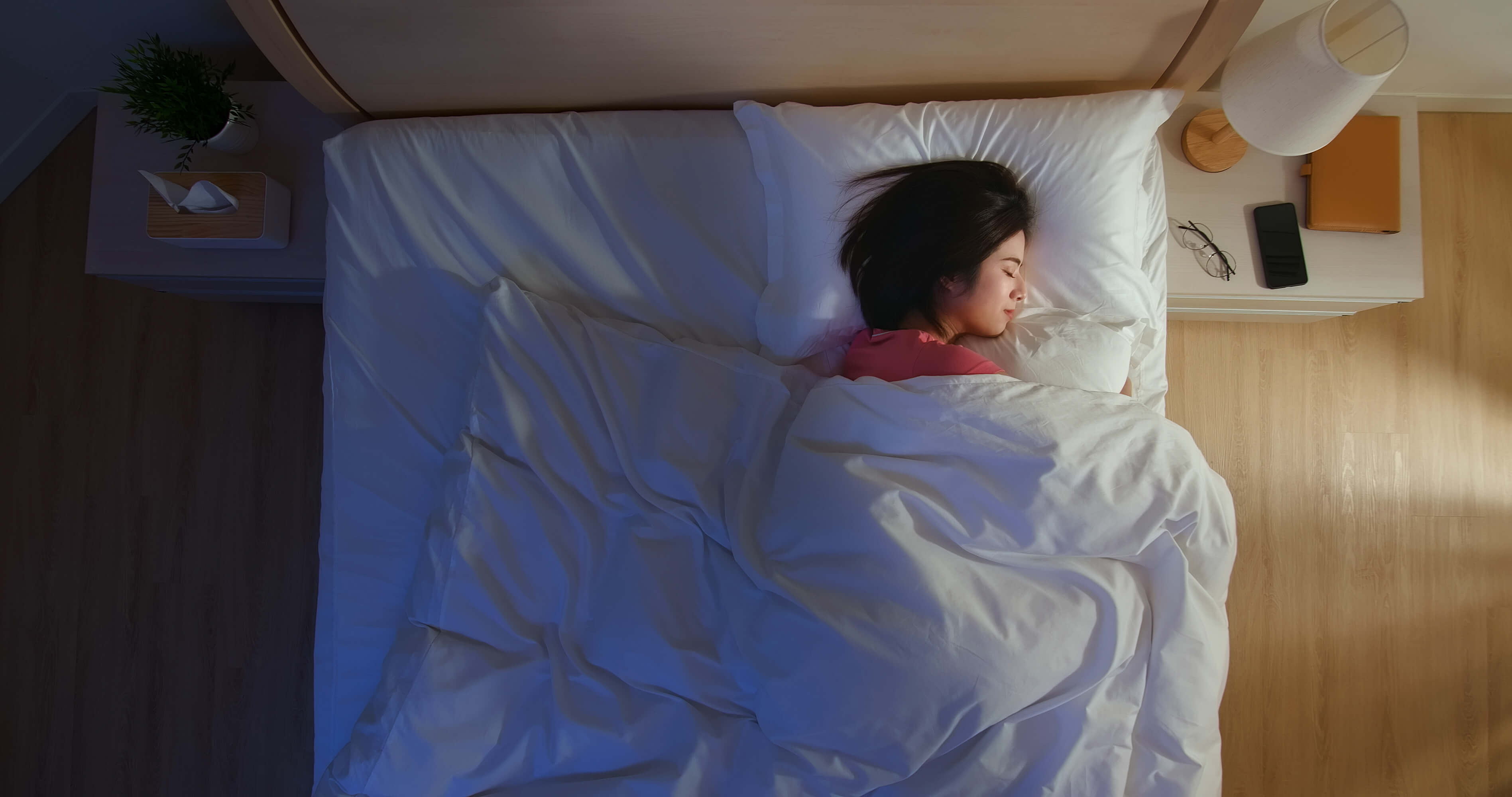5 Restful Tips for Light Sleepers
Sleep comes easily to some more so than others. People who are easily roused from sleep are commonly referred to as “light sleepers.” Sadly, this lighthearted phrase can have more serious implications for people who can never stay asleep for long. It’s important to uncover the reason behind your troubled sleep and create a plan of action for catching some deeper Zs.
What is a light sleeper?
Being a “light sleeper” isn’t necessarily a bad thing. It simply means you spend more time in the lighter stages of sleep. People are most likely to wake up during stages one and two, which is when your body is still in the process of entering sleep mode. It’s much harder to wake up in the third and fourth stages, because that’s when you do your deepest sleeping.
Light sleepers are more sensitive to disruptions in their environment, such as sudden loud noises or a partner tossing and turning in bed. Since light sleepers spend more time in the first two sleep stages, they’re prone to waking up more frequently. This doesn’t negatively affect sleep duration or quality as long as the light sleeper can fall back asleep fast enough.
If you frequently lay awake at night, it’s important to know the difference between naturally being a light sleeper and having a sleep disorder. The term “light sleeper” gets used a lot, but it is sometimes used to cover up a more serious issue. Someone might be suffering from a sleep disorder if it takes them longer than 30 minutes to fall back asleep, they wake up more than five times a night or they get less than seven hours every night despite going to bed early.
Poor sleep duration and quality are associated with a slew of negative health consequences. You won’t just feel tired throughout the day—consistently falling short of sleep requirements aggravates stress, weakens your immune system, compromises productivity, lowers your mood and more.

How to achieve your best sleep
Some people are naturally light sleepers. Genetics play a role in determining whether you’re a heavy or light sleeper, but that doesn’t mean you can’t still enjoy a full night of uninterrupted sleep. The following at-home remedies should help you get your snooze on:
- Remove electronics from the bedroom: Our bodies are highly sensitive to both natural and artificial light. The blue light emitted from electronic devices like phones, tablets and TV screens have been known to interfere with the deep stages of sleep. Create a sleeping environment free from these distractions, and choose calming bedtime activities like reading a book, meditating or soaking in a warm bath, instead.
- Turn on some background noise: As mentioned earlier, light sleepers are easily woken up by loud noises. A quiet atmosphere is ideal for falling asleep but not necessarily for staying asleep. Light sleepers should consider purchasing a white noise machine or play calming instrumental music at a low volume. Background ambience can help mask a partner’s snoring or a neighborhood dog, so you stay sound asleep.
- Take a sleep supplement: Light sleepers might benefit from an over-the-counter approach with sleep supplements. These calming supplements usually contain a blend of herbs, vitamins and minerals designed to help your mind and body relax. Sleep supplements are most effective when taken about an hour before crawling into bed. Even though supplements don’t require a prescription, ask your doctor if they’re a good fit for your specific health condition.
- Allow more time for sleep efficacy: Sleep efficacy is the amount of time spent actually sleeping while you lie in bed. Light sleepers have a lower percentage of sleep efficacy, but they can squeeze in the recommended seven to nine hours each night by allocating more time for sleep. You’ll probably still wake up a few times, but more hours spent in bed means you’re getting a normal amount of sleep.
- Avoid food and beverages at night: Don’t consume anything within three hours leading up to bedtime, especially caffeine or alcohol. Caffeine is sure to keep you wide awake as you attempt to fall asleep, and alcohol can interfere with the deep stages of sleep. Eating right before bed also forces your body to focus on digestion rather than falling asleep.
Remember, these tips are designed to assist light sleepers with no underlying health conditions. If natural remedies don’t work for you, it’s time to speak with a professional about what’s keeping you up at night.


Leave a comment